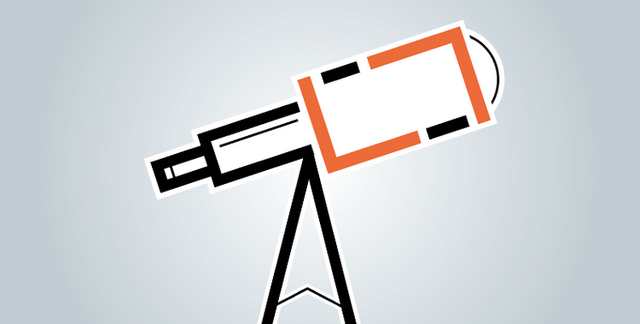
Kapitel
The Russian Federation is classified as a high-income country with a population of over 143 million people as of 2024. It spans both Europe and Asia and shares borders with 14 countries. Russia is one of the world's largest grain producers with an industrialized mixed market economy. The country is also rich in natural resources, possessing significant deposits of hydrocarbons such as oil, natural gas, and coal, along with bauxite, gold, nickel, and other minerals.
Source: World Bank
Kennzahlen
- Fläche
- 17,098,242 km2
- Bevölkerung
- 143,533,851. (2024)
- Regierungsform
- semi-presidential federation
- Sprachen
- Russian (official) 85.7%, Tatar 3.2%, Chechen 1%, other 10.1%; note -
- BIP
- $2.17 trillion (2024)
- Wachstumsrate
- 0,9% (2025)
- HDI
- 52
- Hauptstadt
- Moscow
Makroökonomische Indikatoren
Growth in the Russian Federation is expected to decrease to an average of 1.3% in 2025 and 2026. This rate is nearly three times slower than the growth projected for 2024 and is below the 2% average growth experienced from 2010 to 2019. The decline can be attributed to several factors, including capacity constraints, increasing borrowing costs, stricter sanctions, and lower energy prices.
Source: World Bank
IMF Statistics:
| Subject descriptor | 2023 | 2024 | 2025 | 2026 | 2027 |
|---|---|---|---|---|---|
|
All Items, Consumer price index (CPI), Period average, percent change Percent (Units) |
5.859 |
8.444 |
9.002 |
5.176 |
4.0 |
|
Current account balance (credit less debit), Percent of GDP Percent (Units) |
2.398 |
2.907 |
1.742 |
1.559 |
1.52 |
|
Current account balance (credit less debit), US dollar US dollar (Billions) |
49.397 |
63.167 |
44.261 |
39.115 |
39.201 |
|
Exports of goods and services, Volume, Free on board (FOB), Percent change Percent (Units) |
-12.04 |
-1.909 |
2.713 |
2.534 |
2.698 |
|
Gross domestic product (GDP), Constant prices, Percent change Percent (Units) |
4.083 |
4.344 |
0.609 |
0.953 |
1.1 |
|
Gross domestic product (GDP), Current prices, Per capita, US dollar US dollar (Units) |
14079.095 |
14871.314 |
17445.75 |
17287.361 |
17830.752 |
|
Gross domestic product (GDP), Current prices, US dollar US dollar (Billions) |
2059.759 |
2173.225 |
2540.656 |
2509.421 |
2579.614 |
|
Imports of goods and services, Volume, Cost insurance freight (CIF), Percent change Percent (Units) |
7.12 |
17.143 |
-5.372 |
-0.295 |
3.898 |
|
Unemployment rate |
3.167 |
2.508 |
2.4 |
3.125 |
3.972 |
Luxemburg und das Land
Existing conventions and Agreements
Non double taxation agreement
In order to promote international economic and financial relations in the interest of the Grand Duchy of Luxembourg, the Luxembourg government negotiates bilateral agreements for the avoidance of double taxation and prevent fiscal evasion with respect to Taxes on Income and on fortune with third countries.
- Convention from, 28.06.1993 (Memorial 1995, A No.68, p.1689)
- Effective as of 01.01.1998(Memorial 1995, A No.68, p.1689)
- Amendment of the Convention from 21.11.2011 (Memorial 2013, A No.114, p.1715)
- Effective as of 01.01.2014 (Memorial 2013, A No.114, p.1715)
Air Services agreement
- Convention from 7.5.1997 (Memorial 1999, A, p. 1538 )
- Effective as of 24.6.1999 (Memorial 1999, A, p. 642)
Weitere Informationen
Contact points in Russia
Embassy of the Grand Duchy of Luxembourg in Russia
Ambassador with residence in Moscow: Mr Tom REISEN
Khrouchtchevsky Pereoulok 3,
119 034 Moscow
Russia
Tel.: (+7-495) 786 66 63
Consular Tel.: (+7-495) 786 66 65
Fax: (+7-495) 786 66 69
Consular Fax: (+7-499) 786 66 67
E-mail: moscou.amb@mae.etat.lu
Website: moscou.mae.lu
Economic sanctions Helpdesk
https://www.cc.lu/en/thematic-dossiers/economic-sanctions-helpdesk




